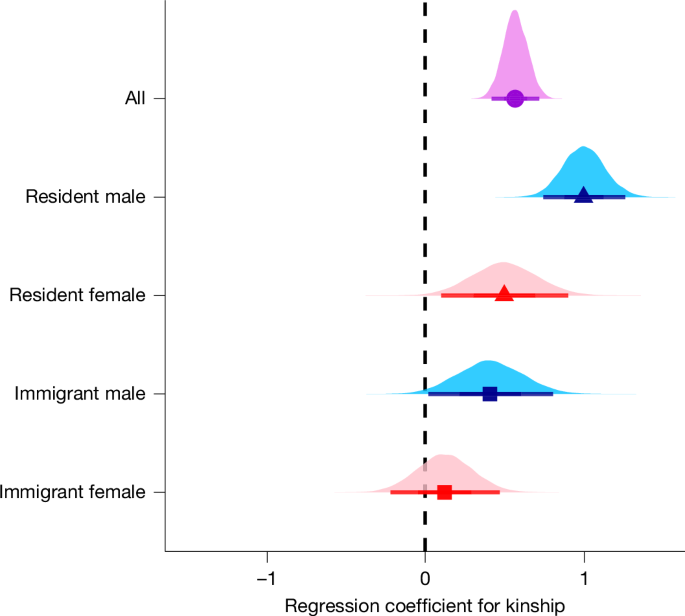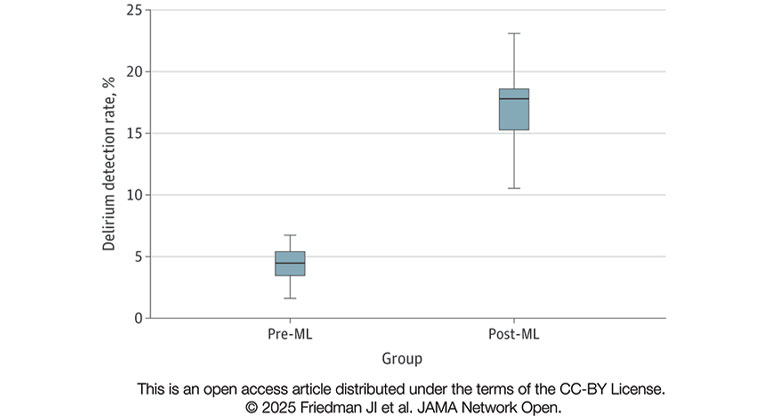2025-05-07 コロンビア大学
<関連情報>
- https://news.columbia.edu/news/new-study-shows-birds-form-bonds-look-lot-friendship
- https://www.nature.com/articles/s41586-025-08958-4
協力的に繁殖する鳥類における相互扶助の不可解な役割 A cryptic role for reciprocal helping in a cooperatively breeding bird
Alexis D. Earl,Gerald G. Carter,Arden G. Berlinger,Elkana Korir,Shailee S. Shah,Wilson N. Watetu & Dustin R. Rubenstein
Nature Published:07 May 2025
DOI:https://doi.org/10.1038/s41586-025-08958-4

Abstract
Identifying the mechanisms that underlie cooperation is fundamental to biology1. The most complex form of cooperation in vertebrates occurs in cooperative breeders, in which helpers forego reproduction and assist in raising the young of others, typically relatives2. Not all cooperative societies, however, are kin-based—nearly half of all avian3 and mammalian4 cooperative breeders form mixed-kin societies, much like those of humans5. Kin selection in mixed-kin societies occurs when individuals gain indirect fitness from the preferential helping of relatives6, but helpers also frequently assist non-kin7, highlighting a potential role for direct fitness in stabilizing cooperative societies7,8. Here, using a 20-year study of superb starlings (Lamprotornis superbus), we examined how direct and indirect fitness jointly influence helping behaviour. Although we detected kin-biased helping (demonstrating kin selection), non-kin helping was common despite opportunities to aid kin. Unexpectedly, specific pairs maintained long-term reciprocal helping relationships by swapping social roles across their lifetimes—a subtle pattern of reciprocity requiring decades of observation to detect. Given the frequency of non-kin helping and the occurrence of reciprocal helping among both kin and non-kin, helping behaviour in superb starlings seems to be greatly influenced by direct fitness. However, the relative importance of direct and indirect fitness varied with helpers’ sex and dispersal history. By uncovering a cryptic yet crucial role of long-term reciprocal helping, we suggest that reciprocity may be an underappreciated mechanism promoting the stability of cooperatively breeding societies.


